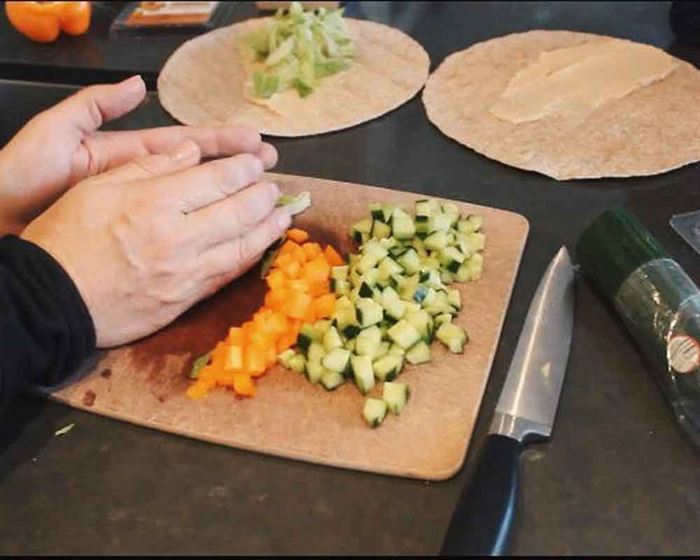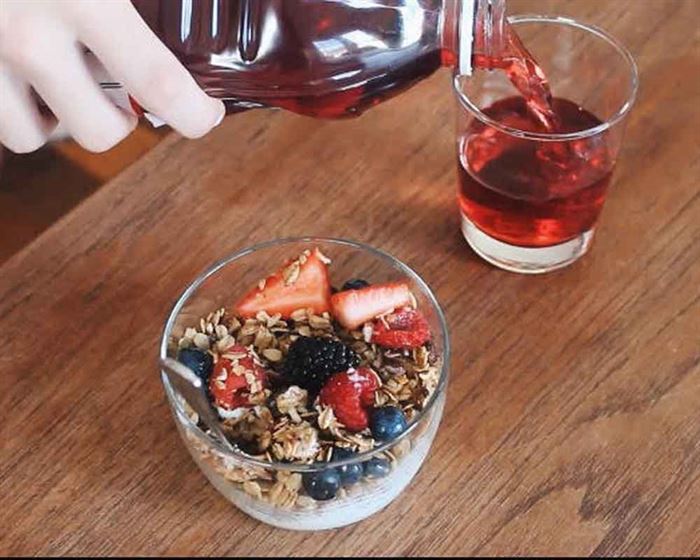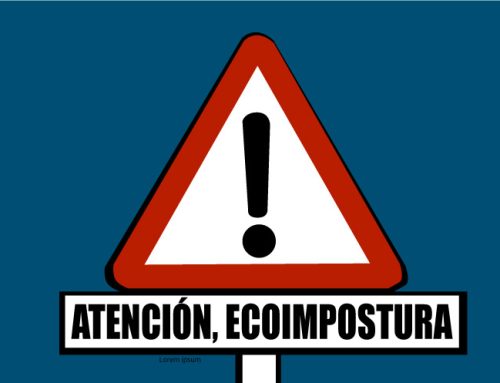Food-sourcing in Canada: the ecological significance of buying local
18/06/2019
Tiempo de lectura: 3 minutos
Apart from my maternal grandfather who immigrated to Canada from Hungary in the 1930s, my family is about as Canadian as they come, rooted in the Great White North (as we call it) for generations and generations before me. My Dad grew up in the Prairies (the big, flat, unexciting land in the middle) and my Mom grew up on a tobacco-turned-produce farm in small-town Ontario. I remember when my sister and I were younger, my grandmother would let us eat fresh raspberries off the bushes and help her turn cucumbers into homemade pickles. She would tell us about the ins-and-outs of selling crops, about the dependence she and my grandfather had on city people buying local produce.
Needless to say, I have always been mindful (albeit bias) towards buying domestic produce. Though, there are many who do not share my personal experience on Canadian farmland but nonetheless have a deep appreciation for our farmers and are encouraged to buy their produce as such. Indeed, research by a Canadian news outlet in 2016 indicated that 61% of Canadians say purchasing local food is important, and nearly 50% say they would pay significantly more for locally grown produce. If you are even somewhat familiar with the humble, community-oriented culture in Canada these statistics don’t surprise you. It also perhaps doesn’t surprise you that we are the third most food sustainable country in the world.

Turkey wraps made with locally-sourced cucumbers, romaine lettuce, and bell peppers.
So, should Canada be a role model for other countries’ sustainable food systems? Not quite. At least, not yet.
As are all things tied to the economy, our agriculture and food sector are complexified by money and punctuated by the ideologies of neoliberal economics (i.e. “hands-off” governance). It is not only more expensive for the consumer to buy locally than to buy from foreign exporters but it is more expensive for large supermarkets. Also, less convenient for both. Large grocers value cheap prices and consistent product inflow, causing them to prioritize foreign imports. That leads us, generally speaking, to pick between driving 5 minutes to the nearest supermarket for our produce or waiting until Sunday to drive 25 minutes to the nearest local food market. It certainly doesn’t help that over the last decade our society has become dominated by technology and convenience. For example, it has become popular among students at my university to order groceries online and get them delivered to the door. Case in point.

A bowl of yoghurt and granola with locally-sourced strawberries, blackberries, blueberries and raspberries, accompanied by cranberry juice partially-sourced by Canadian farmers.
It is crucial that the will of Canadian consumers to pay more for local groceries does not go unnoticed by our big box retailers, food administrators and legislators. There are extensive environmental benefits of growing the domestic crop market. By buying and eating local, we are able to enjoy crops that are not only fresh, but that are produced by farmers who abide by Canada’s highly regulated pesticidal use; regulation that, among other things, keep harmful toxins out of the ground and air. Also, it will help us cut our food waste. At the moment, we waste 58%, or some 2.38 million tonnes of food per year in Canada. Large retailers significantly contribute to food waste due to importing produce in bulk and having it go bad before it can all sell. The farm-to-table framework of the domestic crop market allows us to reduce our total food waste and cut the environmental and monetary cost of global transportation as well.
If we are able to push our supermarkets to carry more local product with the help of governmental regulation, we can support members of our community, grow our economy, and most importantly, reduce our carbon footprint as individuals and as a country. Third in the world for food sustainability isn’t bad: but, as the humble Canadian I am, I know we can make it to first.
Publicado originalmente en la web Comida Crítica.
Photography: ArjanneBurger on Pixabay.


